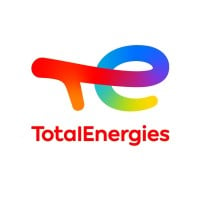
Weatherford
Weatherford International plc (Nasdaq: WFRD) is a leading global energy services company. Operating in approximately 75 countries, the Company answers the challenges of the energy industry with its global talent network of approximately 17,000 team members and approximately 350 operating locations, including manufacturing, research and development, service, and training facilities.






